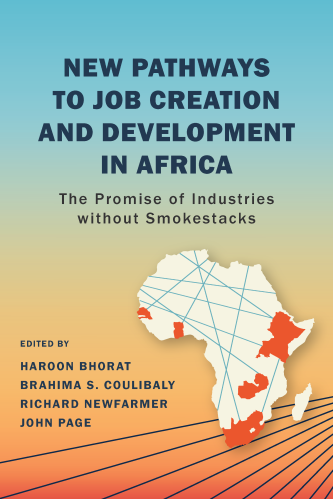The following testimony was given to the Senate Committee on Finance on December 5, 2023. The original version of the submitted testimony and a video of the hearing is available here. The version below was edited for clarity and accuracy. Following her testimony, a number of Senators submitted to her questions for the record. Those questions covered a wide range of drug shortage topics: the role of transparency, onshoring, advanced manufacturing, PBMs, best-price guarantees, and the 340B program. Wosińska’s responses to these questions can be found in attached PDF.
Chairman Wyden, Ranking Member Crapo, and members of the Committee, thank you for inviting me here today. My name is Marta Wosińska, and I am an economist and a Senior Fellow in Economic Studies at the Brookings Institution, where I am affiliated with the Schaeffer Initiative on Health Policy. My research explores the economics and regulation of prescription drug markets. Much of my work focuses on the topic of this hearing – drug shortages.
I would like to begin by thanking Chairman Wyden and Ranking Member Crapo for holding this hearing. As I will discuss, the persistence of drug shortages is primarily rooted in economics, driven by how we pay for and buy generic drugs. This is not the first time we have had cancer drug shortages and it will not be the last unless Congress steps in to address the economics through Centers for Medicare and Medicaid Services (CMS). Getting at drug shortages through CMS is critical because CMS is much better positioned than the Food and Drug Administration (FDA) to address the economics driving the issue.
But as I will discuss, CMS needs support from Congress, and this Committee in particular.
In this testimony, I focus on low-cost generic sterile injectable (GSI) drugs. These drugs are the staple of hospital care, with almost every inpatient stay involving treatment with at least one GSI drug. Shortages of these drugs can affect patients in emergency rooms, ICUs, cancer clinics, and outpatient elective surgery departments.
I begin this testimony by describing why GSI drugs are the most likely drugs to experience shortages. I then describe how federal healthcare programs affect GSI drug profitability, followed by a specific set of recommendations for how this Committee can support CMS in addressing drug shortages. I conclude with a discussion of other areas where Congress can make the greatest impact.
My testimony is based on over a decade of research and extensive engagement with stakeholders on all sides of the issue: manufacturers, wholesalers, group purchasing organizations (GPOs), hospital executives, clinicians, and hospital pharmacists. Much of what I describe in this testimony is contained in a recent analysis published through The Hamilton Project at the Brookings Institution.
In short, I recommend that the Senate Finance Committee takes three actions:
- Establish a CMS pay-for-performance program that would shift hospital purchasing decisions towards more reliable manufacturers
- Enable Medicaid rebate exemptions for certain drugs
- Strengthen the authority that CMS used for the domestic N95 rule.
There are also many actions that other Congressional Committees should take, the most important of which I describe in this testimony and summarize here:
- Properly fund the CMS efforts
- Allow FDA to identify the manufacturer that triggered a particular shortage
- Support FDA’s efforts to improve signals about manufacturing quality and reliability
- Support the HHS supply chain coordinator role
- Support forgivable loans (not tax credits) for strengthening key drug infrastructure
- Support well-targeted buffering mechanism proposals.
-
Acknowledgements and disclosures
The Brookings Institution is financed through the support of a diverse array of foundations, corporations, governments, individuals, as well as an endowment. A list of donors can be found in our annual reports published online here. The findings, interpretations, and conclusions in this report are solely those of its author(s) and are not influenced by any donation.
The Brookings Institution is committed to quality, independence, and impact.
We are supported by a diverse array of funders. In line with our values and policies, each Brookings publication represents the sole views of its author(s).




Commentary
TestimonyMarta Wosińska’s testimony before the Senate Finance Committee
December 5, 2023